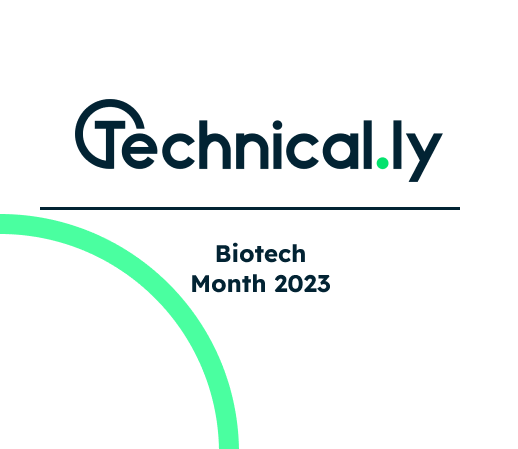When Emily Day was growing up in Oklahoma, she wanted to be an astrophysicist and study the stars. She ultimately went to the University of Oklahoma and studied physics.
“I took this class called ‘What is Science?’” Day told Technical.ly. “It was about all different fields and ethics in science. And I found myself pretty drawn to things that were more on the bio side.”
At the encouragement of her mentors, Day applied for research opportunities not just in astrophysics, but also in biophysics. That led her to an opportunity at Rice University in Houston, Texas, focusing on nanotechnology.
“We were developing particles for cancer therapy, and I just loved it,” Day said. So much so that after earning her undergraduate degree in physics, she returned to Rice University for her Ph.D. studies then went on to Northwestern University for postdoctoral training before landing at the University of Delaware, where she has been a professor since 2013.
What is nanotechnology?
Nanotechnology is the manipulation of molecules and atoms — matter that is measured by nanometers, with each nanometer being one billionth of a meter.
“I think a good way to think of nanomedicine is we make these tools called nanoparticles,” Day said. “And really, they’re the delivery vehicle and trying to get the therapeutic cargo where it needs to go in the body. The goal is basically to have your medicines hit the right cells in the right place at the right time. They’re more potent, but also less toxic on the healthy cells in your body.”
COVID mRNA vaccines, for example, are nanoparticle-based. In the case of Day’s research, it’s in the preclinical stage. Besides cancer treatment applications, her lab is also developing nanoparticles for blood disorders and, more recently, women’s reproductive health.
Bringing nanotechnology to the market
Day is also associate director of the University of Delaware’s new Institute for Engineering Driven Health, which works to educate faculty, postdocs and graduate students about the commercialization pipeline. That includes, but is not limited to, nanotechnology.
“You know, how do you get your innovation actually to be impactful? So that’s more of an inward focus-type of activity, educating people about how to do this translational process,” Day said. “And then more outward-facing conversations and discussions with potential commercial partners, corporate partners, business partners in the region, or even nationally or internationally. Just trying to get them to know about the different technologies and capabilities we have so either we can partner together to develop new innovation or, you know, license thoughts and other things that we’ve already been developing. That’s been a pretty exciting venture.”
It’s a good time for biomedicine in the Mid-Atlantic, between the recent awarding of the 2023 Nobel Prize in Physiology or Medicine to the University of Pennsylvania’s Katalin Karikó and Drew Weissman for their discoveries that led to the development of mRNA vaccines; and the designation of the Greater Philadelphia Region Precision Medicine Tech Hub, Baltimore Tech Hub and Virginia-based Advanced Pharmaceutical Manufacturing Tech Hub as a federal Tech Hub by the Economic Development Administration.
“At [University of] Delaware specifically,” she said, “there’s a lot of interest right now in accelerating the translation of technologies developed at the university to the market.”

This editorial article is a part of Biotech Month of Technical.ly’s editorial calendar.
Before you go...
Please consider supporting Technical.ly to keep our independent journalism strong. Unlike most business-focused media outlets, we don’t have a paywall. Instead, we count on your personal and organizational support.
Join our growing Slack community
Join 5,000 tech professionals and entrepreneurs in our community Slack today!






